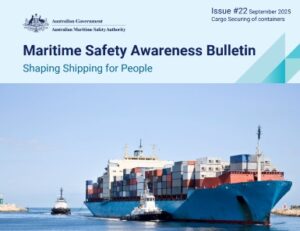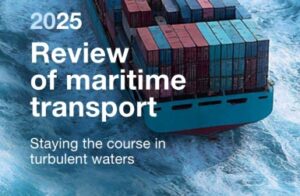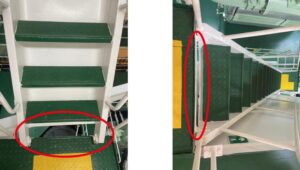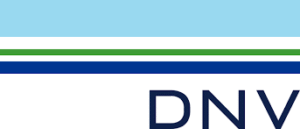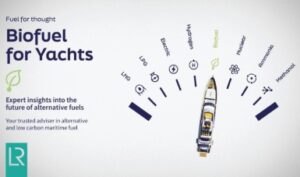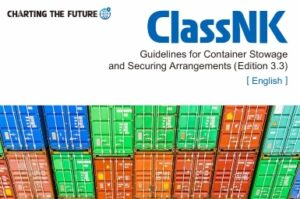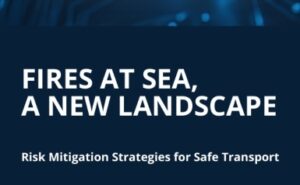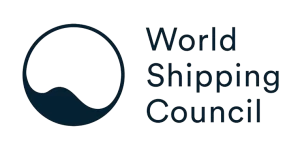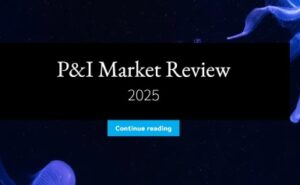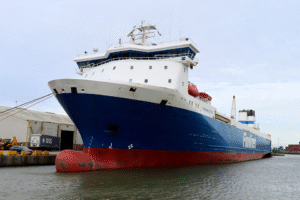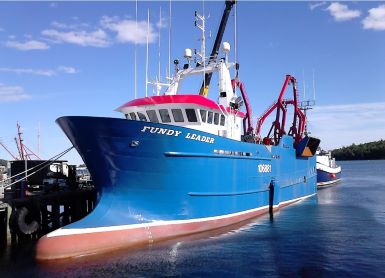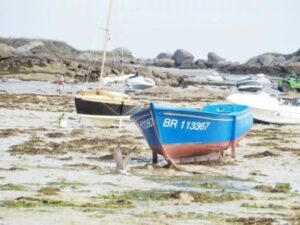
At Grand Pavois 2025, the French government and the yachting industry published a joint roadmap outlining key priorities up to 2030. Ecological transition, attractiveness of professions and development of nautical practices: three structuring axes in an attempt to make yachting more sustainable and accessible but the real question is: what will change for the French small boat sector?
Today, boating and yachting are practiced by nearly 15 million people in France, including 4 million regular boaters. The industry employs Continue reading “Roadmap 2030: what will change for the French small boat sector?”
